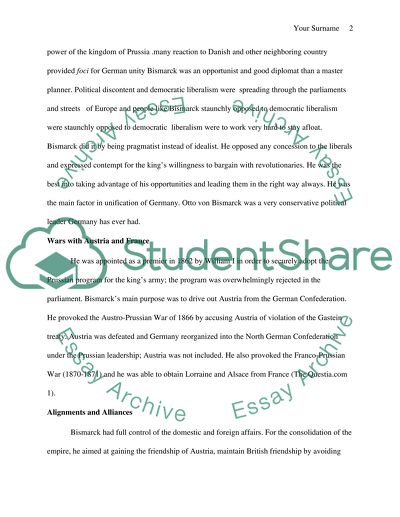Cite this document
(“Otto von Bismarck as a statesman Term Paper Example | Topics and Well Written Essays - 3250 words”, n.d.)
Retrieved from https://studentshare.org/environmental-studies/1410248-otto-von-bismarck-as-a-statesman
Retrieved from https://studentshare.org/environmental-studies/1410248-otto-von-bismarck-as-a-statesman
(Otto Von Bismarck As a Statesman Term Paper Example | Topics and Well Written Essays - 3250 Words)
https://studentshare.org/environmental-studies/1410248-otto-von-bismarck-as-a-statesman.
https://studentshare.org/environmental-studies/1410248-otto-von-bismarck-as-a-statesman.
“Otto Von Bismarck As a Statesman Term Paper Example | Topics and Well Written Essays - 3250 Words”, n.d. https://studentshare.org/environmental-studies/1410248-otto-von-bismarck-as-a-statesman.


